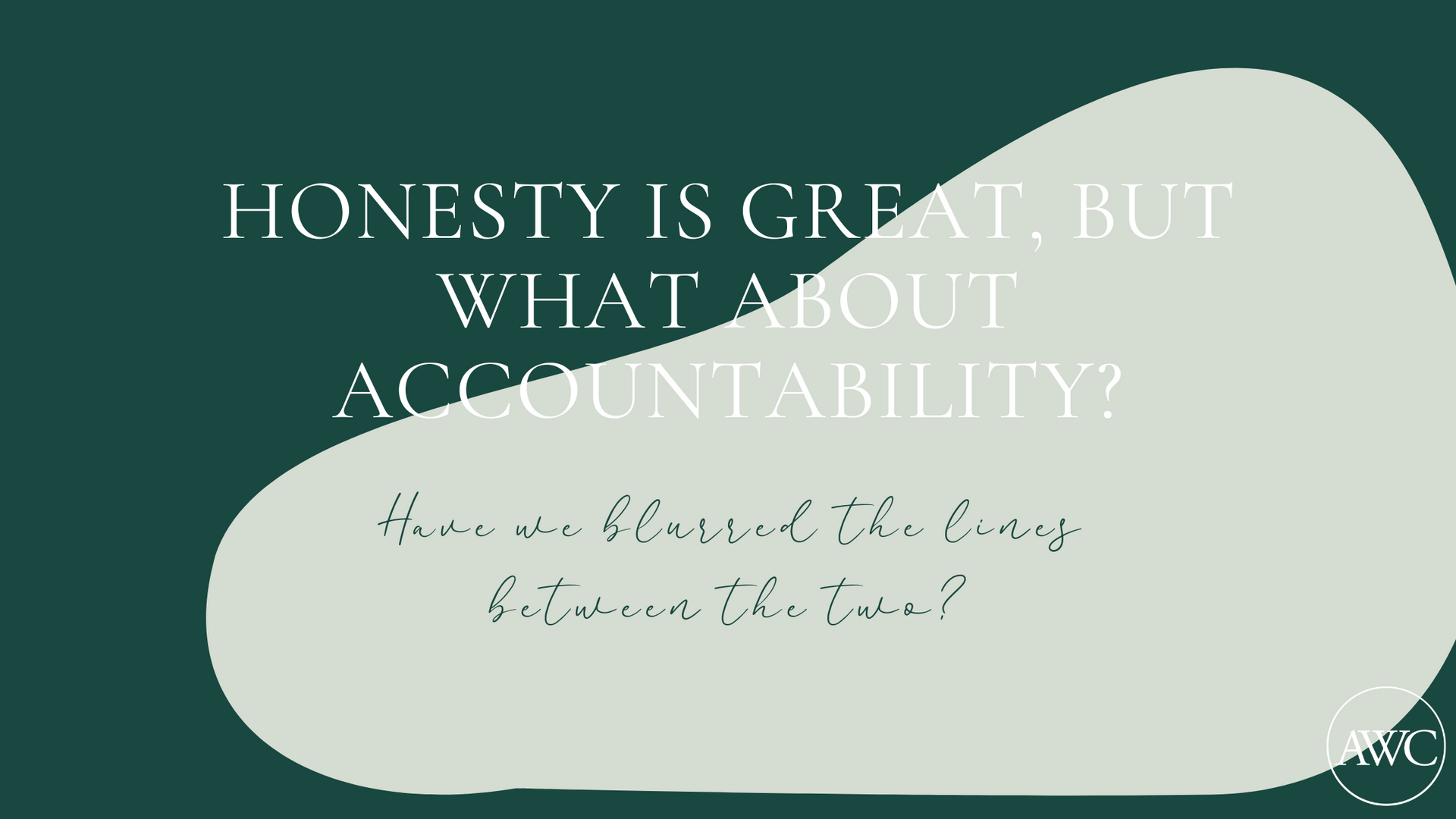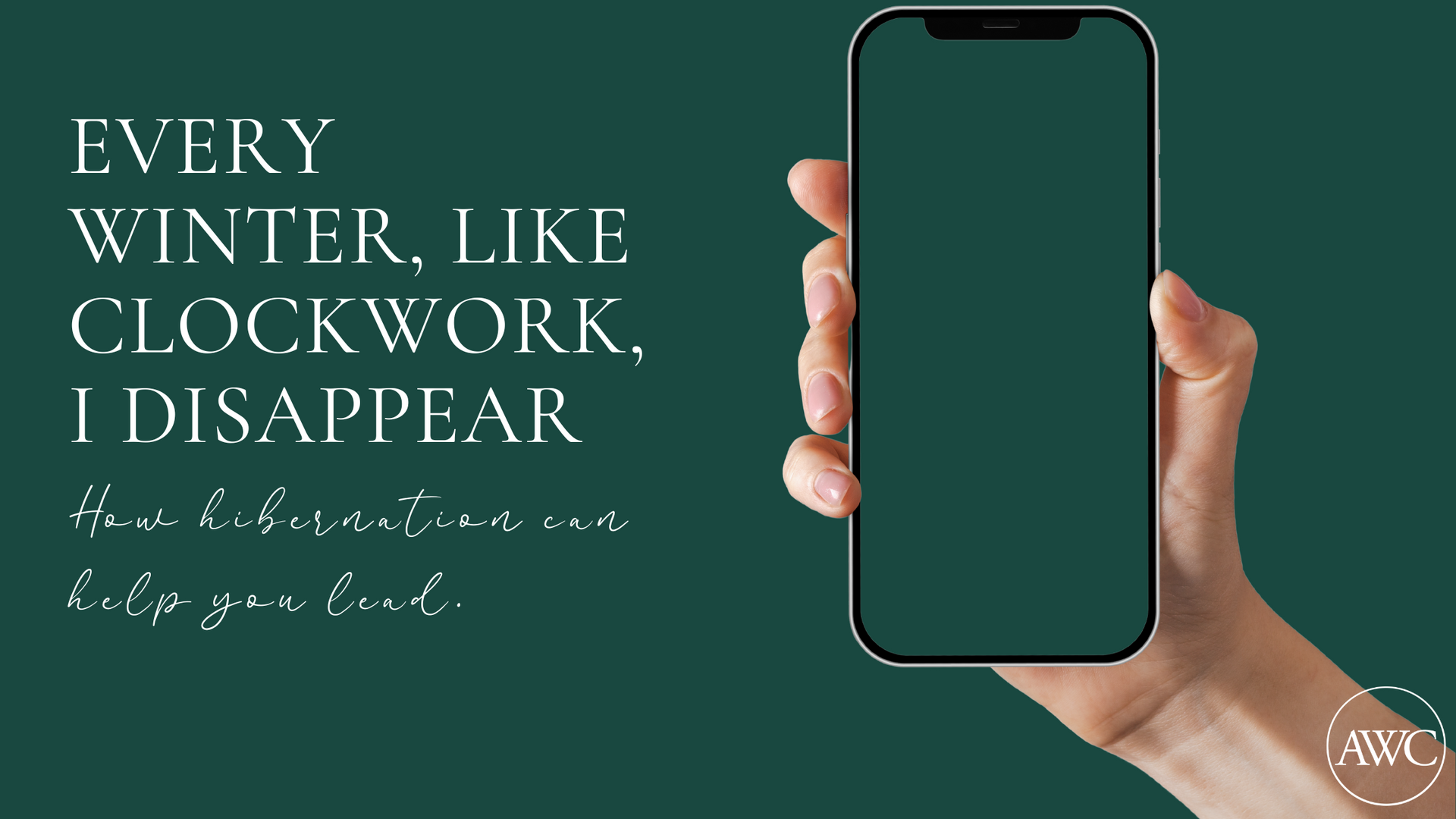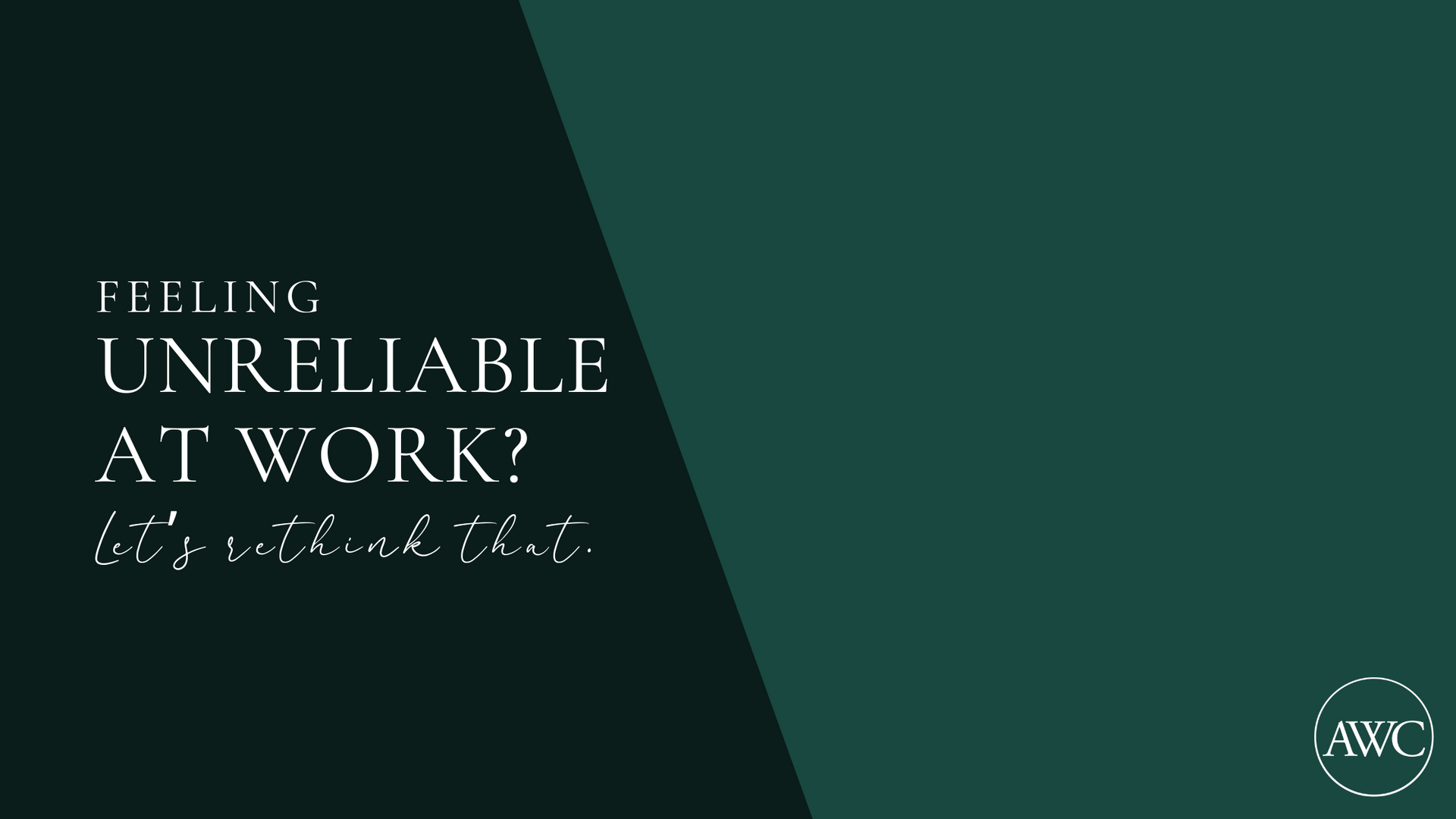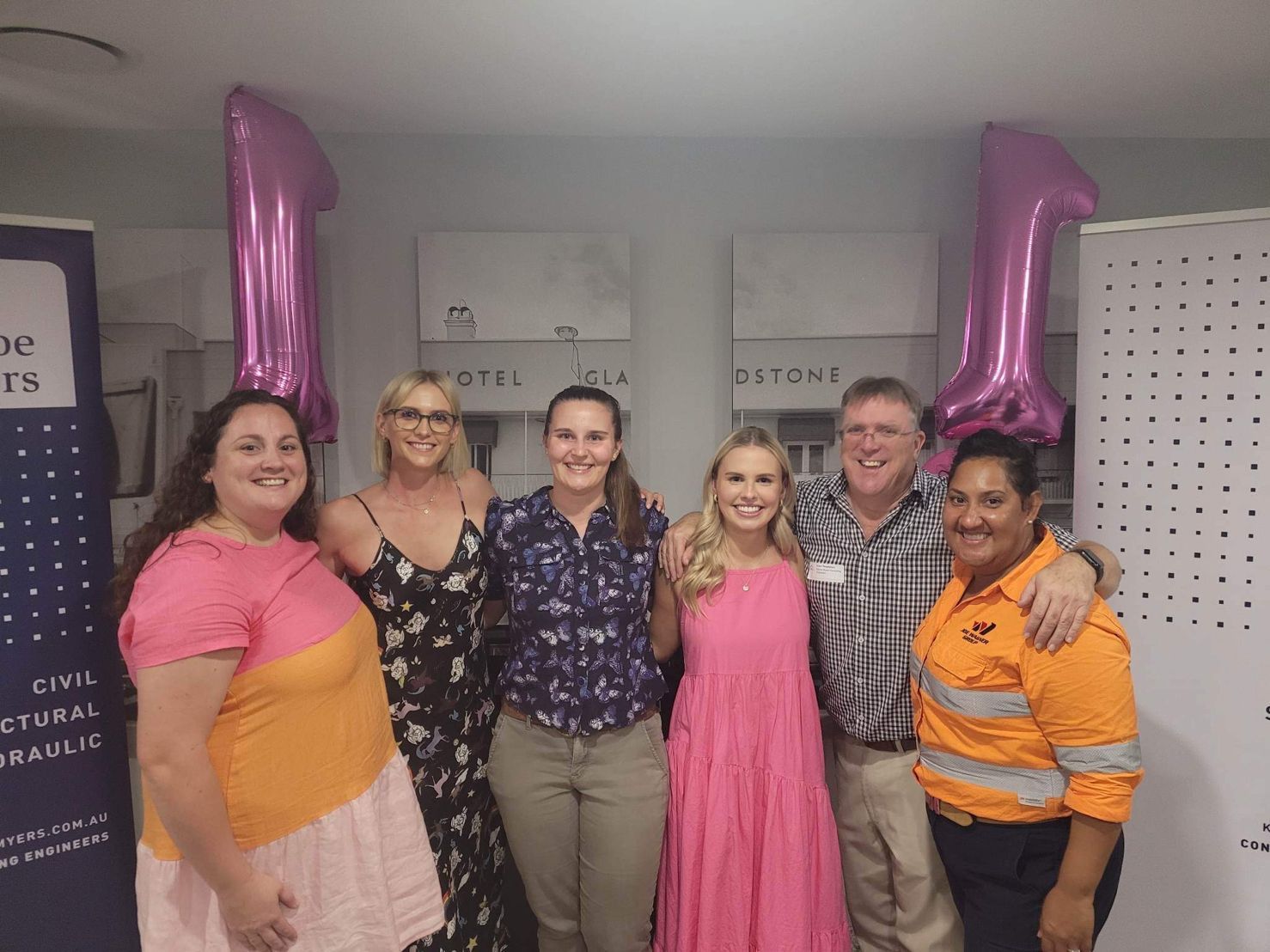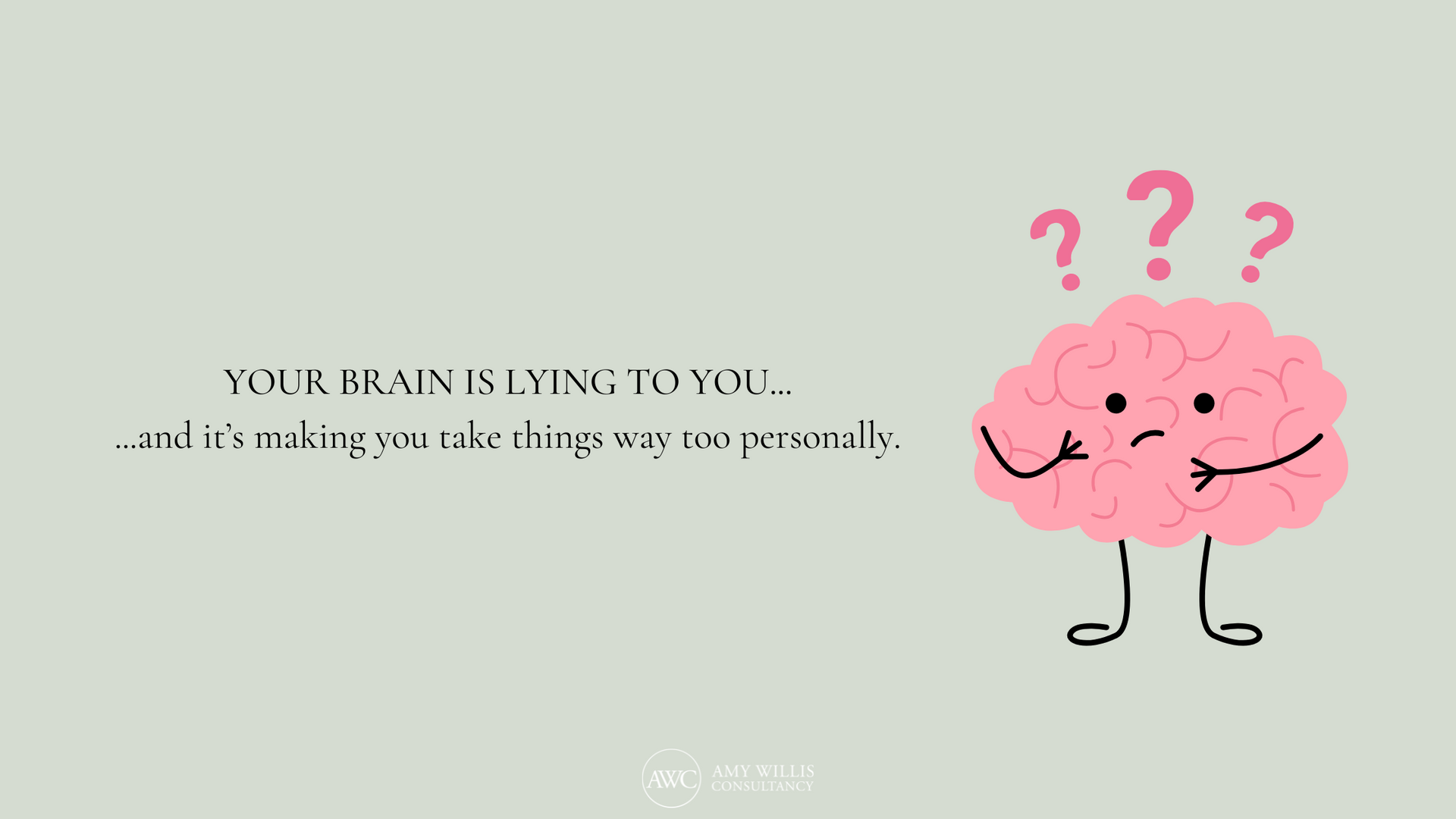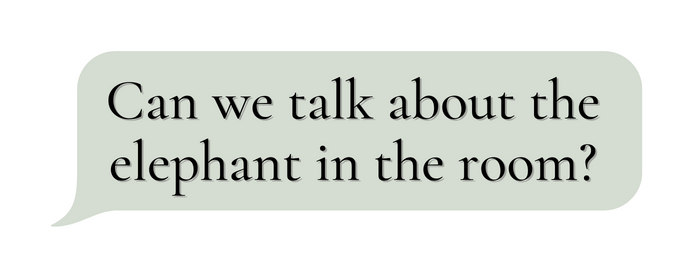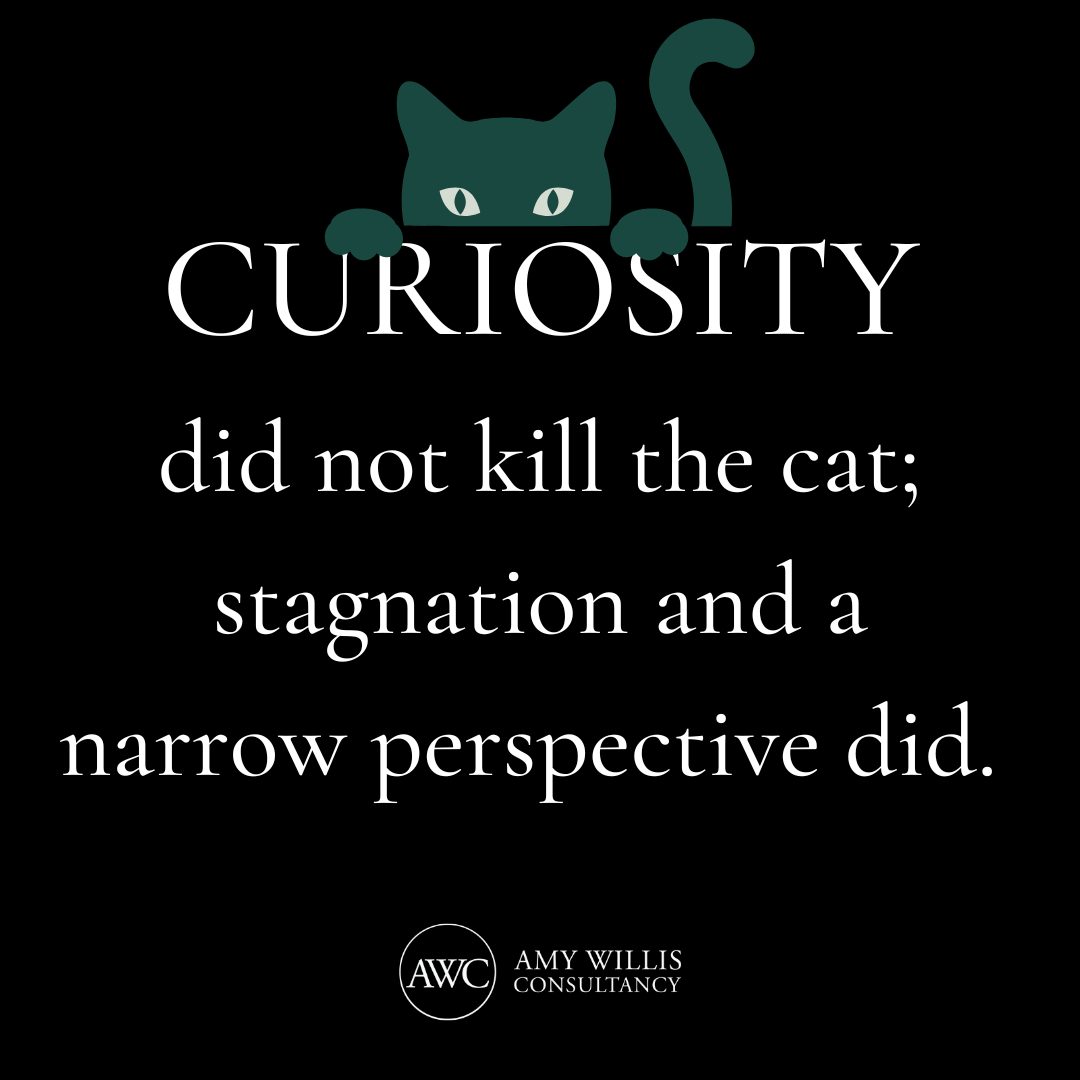Permission To Lead
Last night I had the honour of speaking at Women in the Built Environment's first birthday party. My talk about 'Permission to Lead' was so well received that I wanted to share it with you all.
Like most of you, I grew up needing permission from my parents, or another adult, to be able to do anything or go anywhere, this then of course compounded during my schooling years where you even needed permission to go to the toilet. It makes sense that as a child seeking consent or authorisation to do something is valid and sometimes vital to keep you safe and well. In fact as a mother of three young boys I’m glad that this is the norm and I’m sure it’s saved us countless trips to emergency. But, it dawned on me that I have been caught up in this loop of seeking someone else's permission first, before giving myself permission, and as I looked around curious to see if anyone else did the same I recognised it to be a trait that mainly women still seem to hold on to. It might look like wanting to change your hairstyle, but showing your friends a picture of it first to see if they give you the go ahead. Or waiting for someone to call on you in an important work meeting so you can share your thoughts and ideas. Perhaps it’s you walking into a meeting and waiting for the man to initiate the handshake. Or my personal favourite, when you feel upset or angry about something but you don’t show it because you don’t know if those around you will give you permission to feel.
Hopefully by now you can understand this dilemma I’ve come across of constantly needing to seek permission about something that’s really important to you, something that you’re feeling, or something that you genuinely want to do, when a lot of the time it’s met with “PERMISSION DENIED”. Your heart deflates, you might feel a little bit smaller and a lot of the time think , “Ok, I’ll do what they say”. So you push your dreams, thoughts, emotions and ideas to the side. Again. Now, it goes without saying that in life there are always going to be situations that require permission, and maybe sometimes sharing your next hairstyle with your friends could help you avoid making the biggest mistake of your life (hello this fringe I’ve been trying to grow out since Christmas!). But the type of permission that I’d like to talk to you about is one that you can give yourself,
one that you don’t need to look to anyone else to give you permission for, it’s called 'Permission to Lead'.
Embracing your 'Permission to Lead' means giving yourself permission to get things wrong.
Yeah, I know, this one can be tricky to embrace. If you would have met me when I was in school you would have met a straight A, school loving student, who LOVED following the rules. Questioning things or getting things wrong was not in my DNA. You can imagine how this turned out when I finished school and started working in the {big bad} corporate world. Let me tell you my favourite story that really helps paint the picture: I was only 3 or 4 months into my employment when my leader approached me and said “Amy, your stats are great- you are smashing every KRA we have. The only thing is, your calls to the technical support officers are through the roof. You need to stop”. Now I worked in a call centre for a prominent insurance company, and you were to only call the TSO’s if you didn’t know the answer to something or if you had to escalate the call- but my calls went like this “Hi, It’s Amy U328684… I’m just calling to confirm that the answer I have in my head is correct…” As my leader had told me to stop calling the TSO's but I feared getting things wrong, I started asking my team around me instead. Upon seeing this my leader decided to send an email to the whole team telling them there was an EMBARGO on my questions. I broke down in tears, and when my leader and I chatted about it that’s when I heard the words I didn’t realise I needed to hear. She explained to me that getting something wrong does not mean you’re going to get 'into trouble'. I realised that if the worse thing to come out of trying was getting it wrong, which then resulted in a teachable moment, then it was worth the effort. Yeah it sucks at the time but getting things wrong shows that I am trying, shows that I am leading, and like I said, it’s how I learn and grow.
Embracing your Permission to Lead means giving yourself permission to be YOURSELF.
Sounds simple right? As a group of women, working in or with male dominated industries, we know that it’s unfortunately not that simple. It’s easier to just fit in and not ‘make a scene’ than to be ourselves. But the path of least resistance isn’t always the most fulfilling- and I want to live a full life. Of late I’ve been taking notice of car stickers taking up prime place on the rear of vehicles. I’m not too proud to say that once upon a time I would drive past vehicles adorned with 'obnoxious stickers' and snicker. But recently, when I see them I’ve exchanged my snicker for a “Good on you for being proud to display who you are, or what you like/dislike, even if the rest of the world turns it’s nose up”. Maybe the sticker people have it right after all. Maybe more of us should go around with bold proclamations for who we are and what we like (metaphorically and literally). If you were to create your own bumper sticker what would it say? Trouble is sometimes we get so caught up in trying to be what society tells us to be, that we don’t even know WHO we are. If this is the case please give yourself permission to be curious about yourself. This year my husband and I celebrate our 13th year of marriage and 17th year of being together. When we met I was 16, and as he is quite a few years older than me I went from being under my ‘parents wing’ to being under ‘his wing’. It wasn’t until the year I turned 27 that I realised this and had a “WHO THE HECK AM I?” moment. I re-ignited my curiosity and explored the things I wanted to, like eating different foods, listening to different music, going to different events. These all sound like very basic, everyday things, but they were life-changing when I started to choose for myself instead of just going with what had always been. What are the everyday moments that could turn life-changing for you - knowing that you are the only one that needs to give you permission.
I could continue at length about other areas we can explore when talking about 'Permission to Lead' but for the sake of a short and sweet blog post I'll leave it there. And I'll also invite you to do the same thing I asked the group last night; so that this doesn’t turn into “...that time I read Amy Willis' blog and felt inspired for the rest of the week.”, please get your phone, open the notes and finish this sentence:
"I give myself permission to…."
And not that you need my permission, but incase you need to hear it : YOU have permission to LEAD. In your life, in your home, and in your workplace.
To learn more about WITBE head to
www.witbe.au
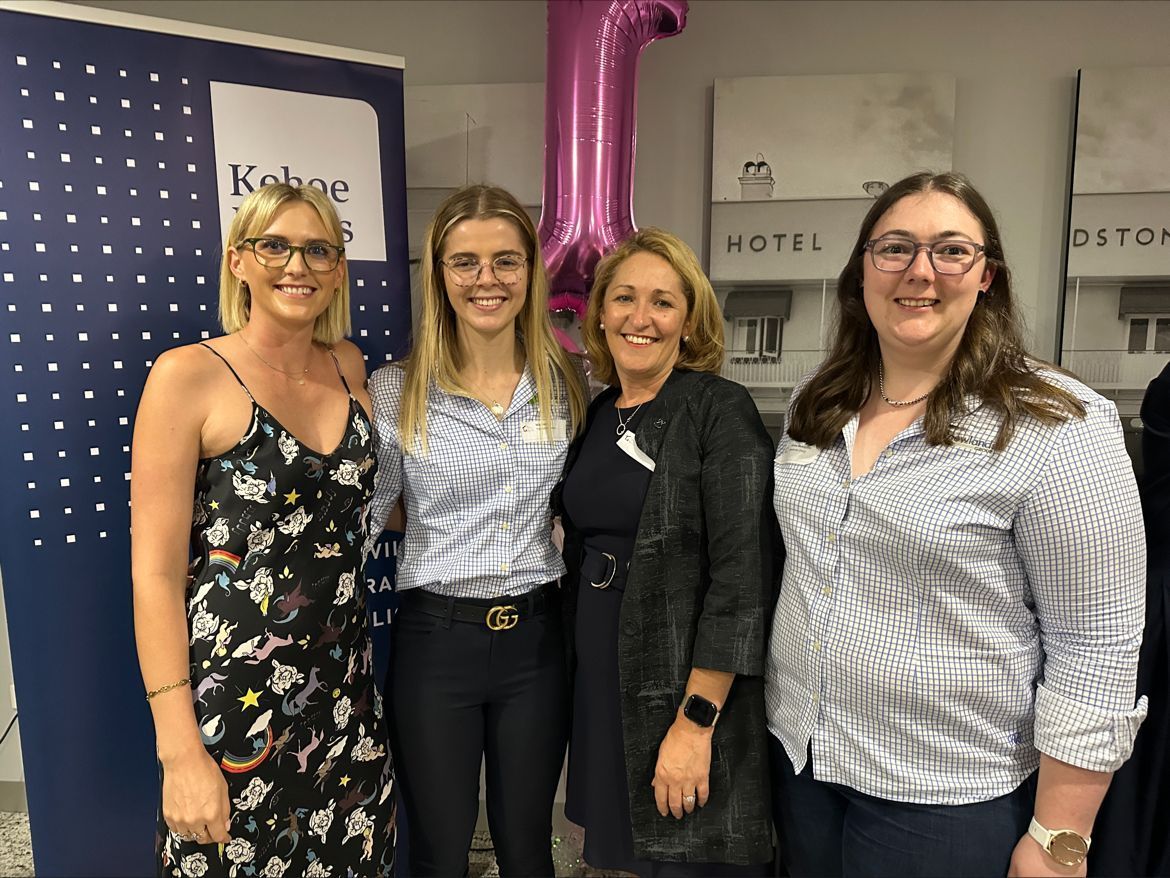
READ MORE
